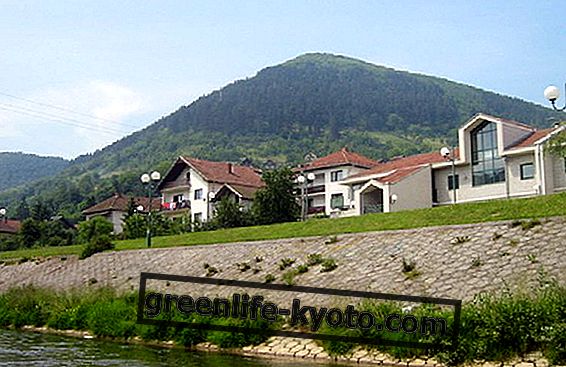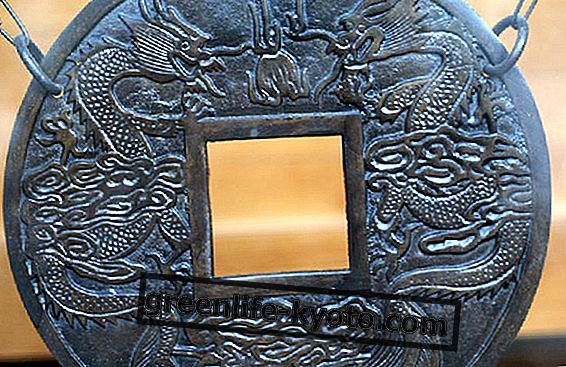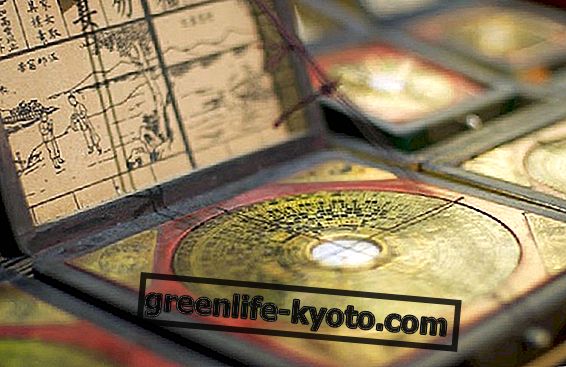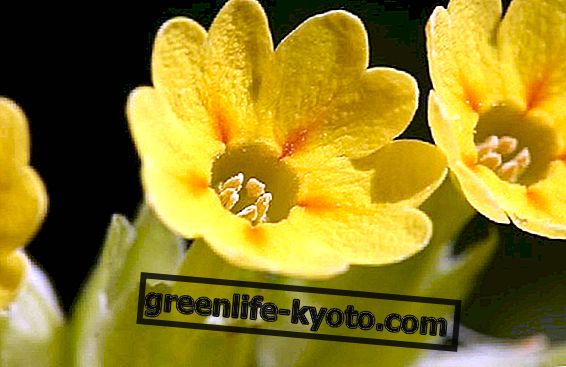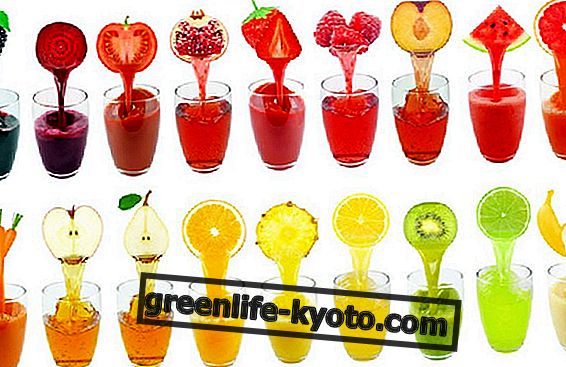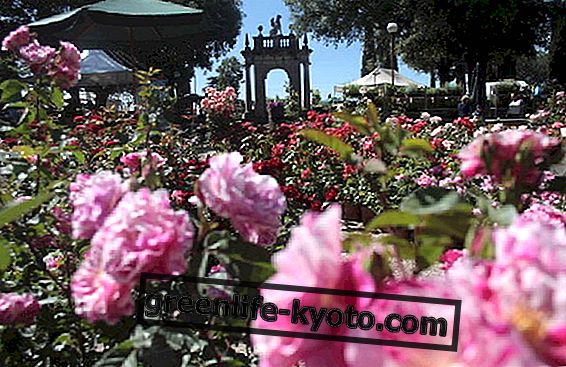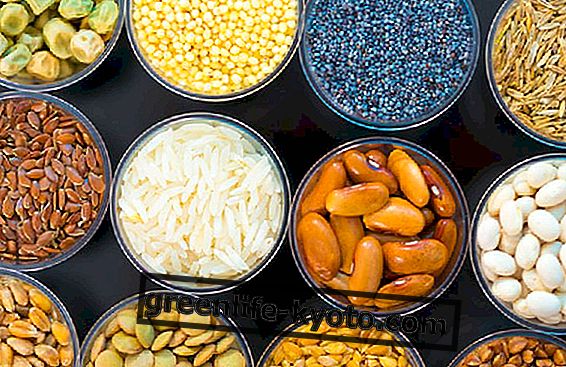
Ginkgo, turmeric and bacopa : three plants with neuroprotective action that counteract brain aging, improving memory and concentration.
Ginkgo biloba for the prevention of brain aging
Ginkgo biloba is a tree native to China and used in traditional Chinese medicine, now grown in parks and gardens in Europe and near temples in Japan, where it is considered a sacred tree.
It is a resistant and long-lived plant, present on Earth for 200 million years: it is the oldest tree on the planet and is the only surviving species of the Ginkgoines.
The drug of Ginkgo biloba is represented by the leaves, whose main constituents are the flavonoids and the ginkgolides.
Ginkgo extracts have been extensively studied over the last few decades and the pharmacological properties of this plant are now well documented: studies have shown positive effects on memory and learning, antioxidant properties against the action of free radicals and a anti-PAF activity (platelet aggregation factor), a pro-inflammatory and neurotoxic mediator.
The ability to improve blood circulation in the brain, the anti-PAF action and the antioxidant and anti-inflammatory properties, make Ginkgo biloba a neuroprotective useful for preventing cerebral aging and cerebral vascular diseases.
Given the mechanism of action of ginkgo, taking this herbal medicine can interfere with antiplatelet or anticoagulant therapies, so it is advisable to consult your doctor before starting to take ginkgo extracts.
Turmeric for brain health
Curcuma longa is a perennial herbaceous plant of the Zingiberacee family, whose rhizome contains yellow substances called curcuminoids, including curcumin, essential oils and polysaccharides.
The turmeric plant is used as an ornamental plant, while the rhizome is widely used in the kitchen as a spice to flavor foods and is a remedy from the Ayurvedic tradition .
Today turmeric extracts are widely studied especially for the possible preventive and therapeutic use on dementias, since a lower incidence of Alzheimer's has been noted in the Indian population, which consumes a lot of turmeric through the diet.
Curcumin is a molecule with many targets within our body and, consequently, presents numerous actions: turmeric is antioxidant, anti-inflammatory, as well as having positive effects against dyspepsia and mild cognitive impairment .
Turmeric is considered a safe drug and does not appear to have any side effects even at rather high dosages: it is advisable to consume 1.5 to 3 grams of drug a day and not to take turmeric in case of obstruction of the biliary tract as this drug increases bile production and flow.
Bacopa monnieri to improve cognitive functions
In addition to ginkgo and turmeric, another useful herb to counter brain aging is Bacopa monnieri, a plant that grows in India, Africa, Australia and Europe.
The drug is represented by the entire plant, whose extracts are standardized in bacosides, molecules with neuroprotective action.
Bacopa seems to have an anti-inflammatory and protective action against oxidative stress as well as an improvement effect on cognitive functions .
Bacopa is bought in herbal medicine as a herb or extract and can be taken to improve memory and learning during study or to improve cognitive functions and prevent cognitive impairment in older people.
Read also Natural supplements for memory >>

